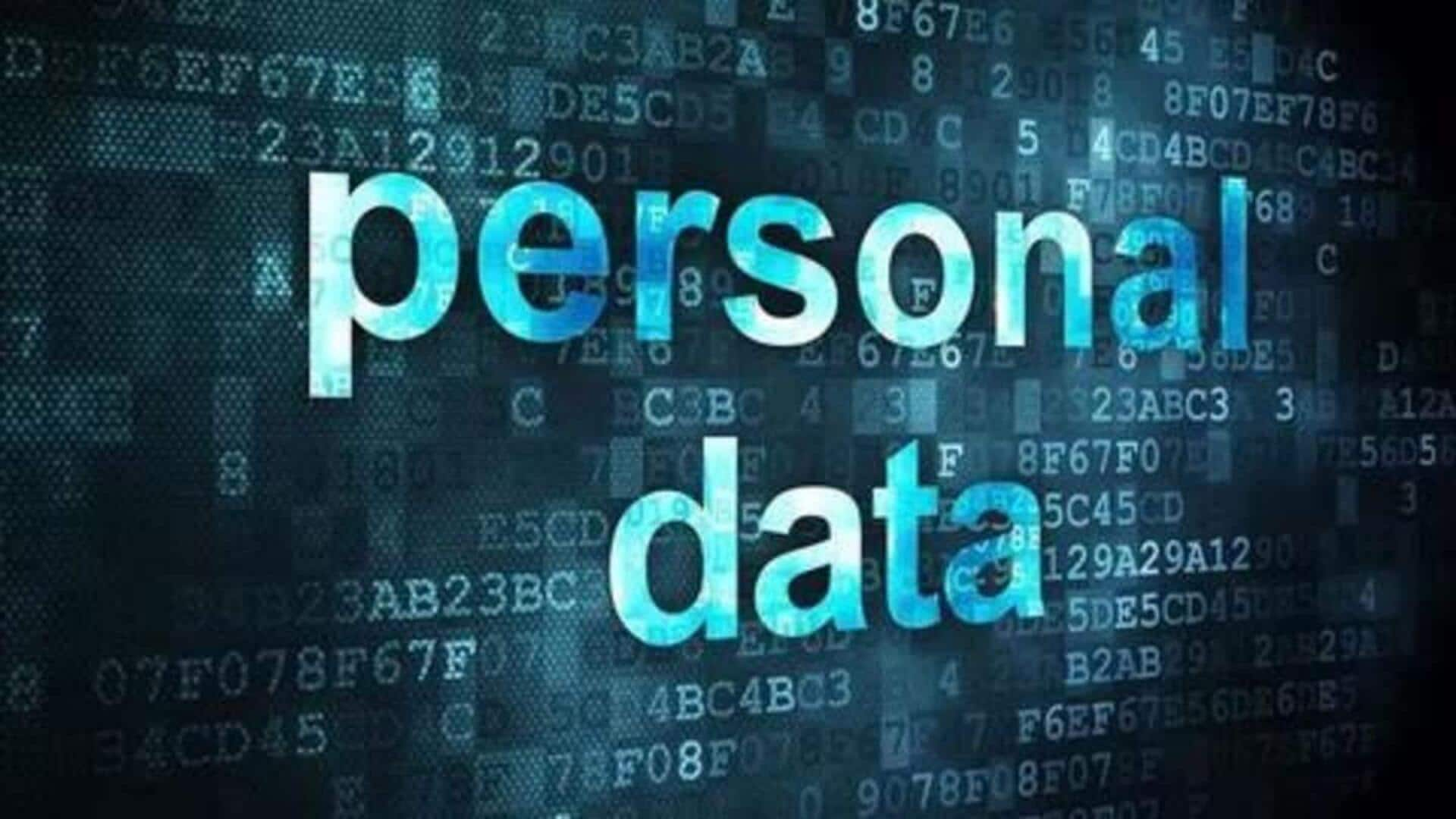
Digital rights for deceased crucial to stop AI cloning: Expert
What's the story
As generative AI technology advances, concerns are growing over its potential to recreate and revive a person's digital presence after death. Victoria Haneman, a legal scholar and Chair of Fiduciary Law at the University of Georgia School of Law, has proposed that US law should give a deceased person's estate limited rights for digital deletion. This would serve as a defense against the exploitation of digital remains.
Digital resurrection
Digital resurrection requires personal data
In her article The Law of Digital Resurrection, published in the Boston College Law Review, Haneman argues that digital resurrection through AI requires personal data of the deceased. She notes that our online data storage is growing exponentially every year. "Digital resurrection by or through AI requires the personal data of the deceased, and the amount of data that we are storing online is increasing exponentially with each passing year," Haneman wrote.
AI training
Deceased people cannot object to use of their data
The emergence of generative AI models trained on personal digital files has further complicated this issue. Companies like Seance AI, StoryFile, Replika, MindBank Ai, and HereAfter AI can recreate a person's voice and likeness. While living individuals may have some control over their personal data through digital documents and correspondence, dead people cannot object to such uses of their data.
Legal gaps
RUFADAA helps fiduciaries manage digital files
The Revised Uniform Fiduciary Access to Digital Assets Act (RUFADAA) was created to help fiduciaries manage the digital files of dead or incapacitated people. However, Haneman points out that most people die intestate (without a will), leaving decisions up to tech platforms. Facebook allows anyone to request the memorialization of an account, which keeps posts online. But as for RUFADAA, it does little in terms of addressing digital resurrection issues.
Publicity rights
Right to publicity extends to the dead in some states
The right to publicity, which allows individuals to sue for unauthorized commercial use of their name, image, or likeness, extends to the dead in about 25 states. However, monetizing these rights has proven difficult. Haneman notes that while some states allow prosecution for libeling or defaming the deceased (like Idaho and Nevada), such prosecutions have declined due to potential violations of free speech rights.
EU regulations
Europe's approach is more humane
Haneman contrasts the US approach with Europe's, where human dignity is a fundamental right that informs privacy rules. In Europe, there is a right to be forgotten, which has been extended in France to include removal of personal data from user accounts of deceased individuals. Italy also grants heirs access and potential deletion rights over their dead relative's personal data.
Legislative action
California's Delete Act allows individuals to demand deletion
California's Delete Act, which came into force last year, is the first law allowing living individuals to demand deletion of personal data from data brokers in one step. However, Haneman questions whether this law would apply to the dead as well. She argues that a data deletion law for the dead could be based on existing laws protecting human remains from abuse.